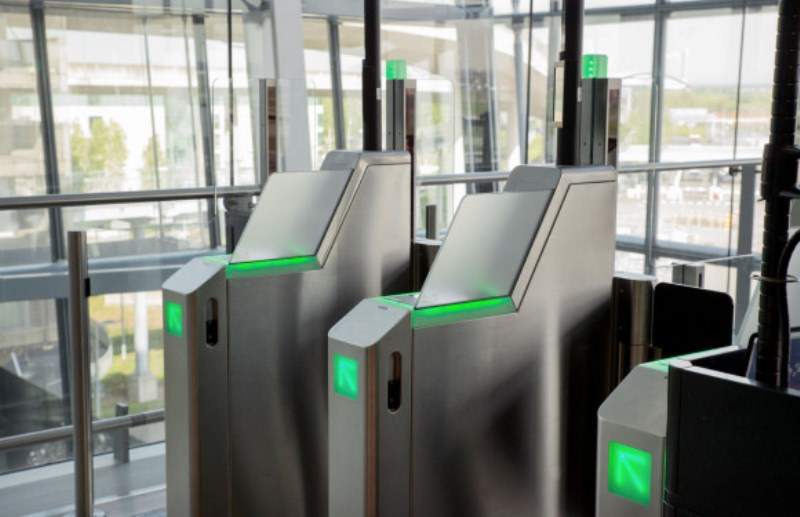
Heathrow airport has announced plans to roll out biometric services on a full scale from the summer of 2019, giving the airport the largest biometric deployment in the world.
This new technology, which includes facial recognition at check-in, bag drops, security lanes and boarding gates, is expected to streamline passenger journey from check-in to take-off.
It aims to reduce the average passenger’s journey time by up to a third.
Heathrow customer relations and service director Jonathan Coen said: “As our passenger numbers continue to grow, we must look for innovative ways to make it easier and quicker for them to travel through Heathrow with choice, whilst keeping our airport secure.
“Biometrics are key to helping us do that and we are really excited about the biggest rollout of this equipment at any UK airport. ”
The £50m project is part of a bigger investment programme to streamline passenger journeys.
The aim of introducing this technology is to ensure passengers can walk through the airport without breaking their stride.
This new service has already been trialled by passengers in live operations this year, with passenger feedback being positive.
Manual authentication requires passengers to present different forms of ID such as boarding cards, booking reference numbers as well as their passports to different agents. By enabling the option of instant facial recognition technology, the entire process can be streamlined, reduce the amount of paper used when flying for passengers.
According to IATA research, 64% of passengers would opt to share their biometric data if it meant a better experience when travelling.
Facial biometrics have also been found to be more accurate than manual checks.



